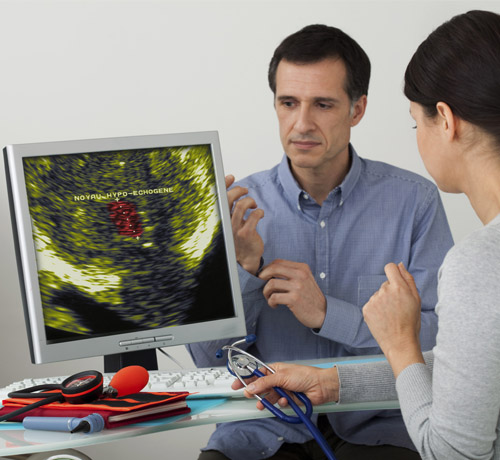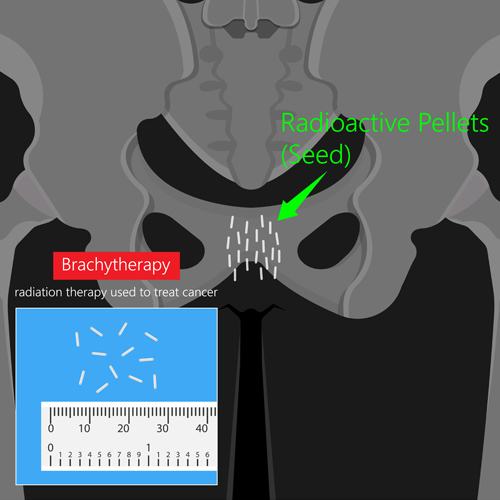Like many forms of cancer, prostate cancer may not present any signs or symptoms in the early stages when treatment has the highest likelihood of succeeding. Knowing what to look out for could prove highly beneficial and should be a priority to all men over the age of 40. Some of the common symptoms of prostate cancer may include:
- Frequent pain or stiffness in lower back, upper thighs, or hips
- Blood in urine or semen
- Frequent need to urinate, especially at night
- Problems with starting urination or holding back urine
- Pain or burning during urination
- Difficulty with erection
- Weak or interrupted urine flow
- Painful ejaculation





